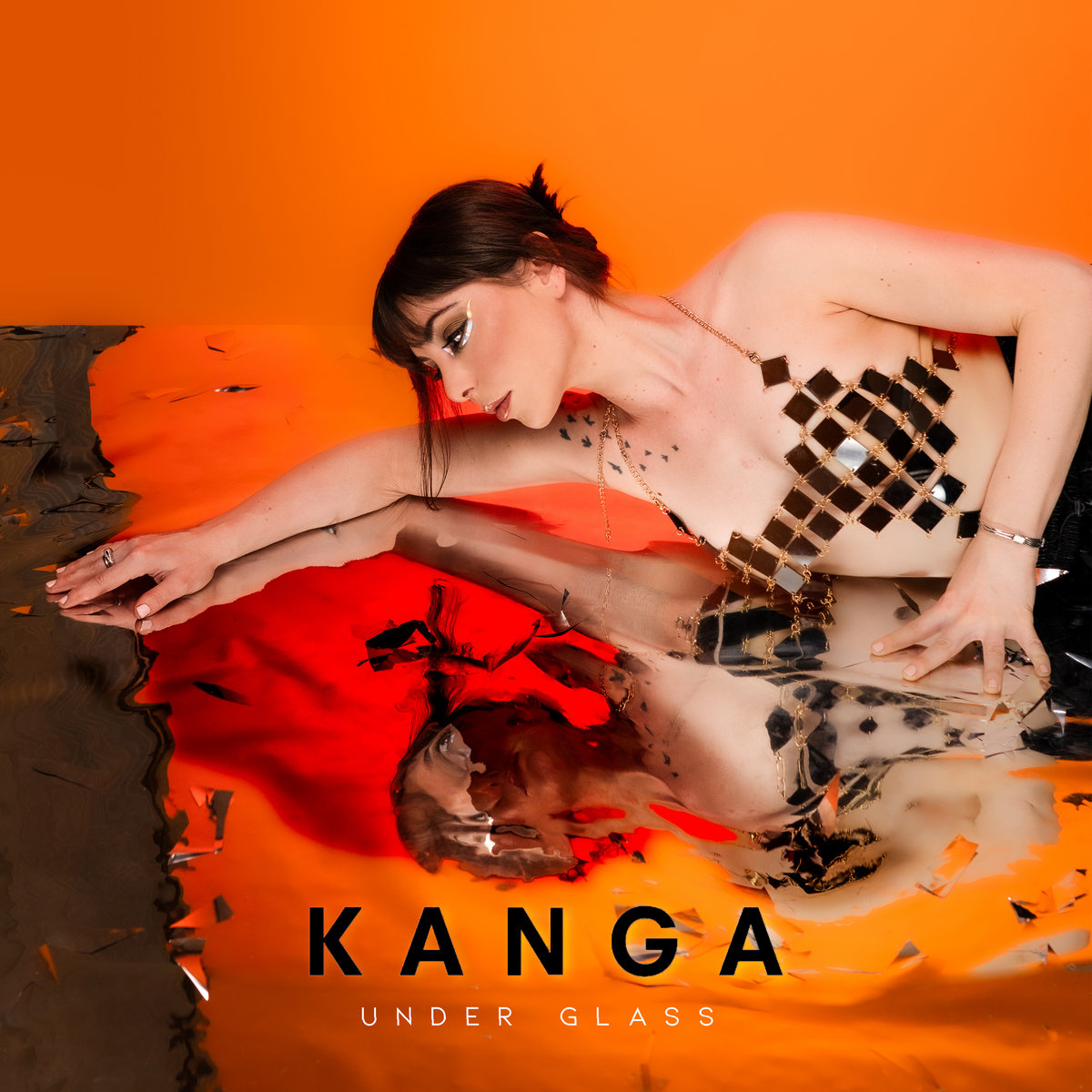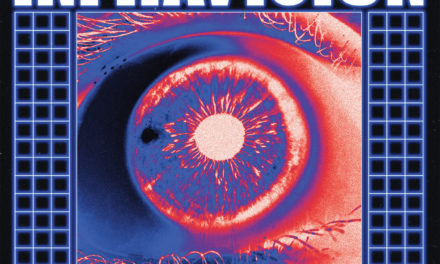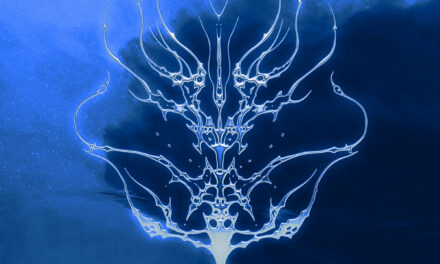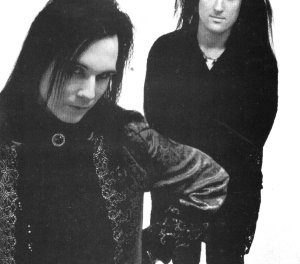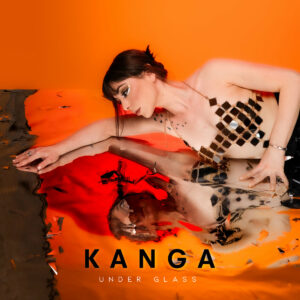
Kanga
Under Glass
Artoffact Records
Kanga’s third album follows the arc her material’s made since the release of her self-titled debut back in 2016. The 2019 Eternal Daughter EP and her 2021 sophomore record You And I Will Never Die showed the Los Angeles based producer and performer further developing her songwriting chops and honing her considerable presence as a vocalist, with this year’s Under Glass further indulging the pure pop sounds she’s been working with for a while, and in more direct fashion than ever before. While not entirely absent from the album, the industrial sounds that have informed her work previously have been downshifted in favour of smooth production and sugary hooks, to intermittent effect.
It should be said first and foremost that when Kanga makes contact with a song on the album, she knocks it out of the park; “Bad Girl” is a solid as hell pure electronic pop song, complete with a melody that you can hum along to on first listen and the application of warbly bass synth and a particularly fun and funky horn-like synthline that gives the track a bit of a 90s r&b vibe, Kanga carrying herself in classic pop princess fashion, working confident and coy in equal measures to sell the package. The self-assurance in her performance is reflected in the craft of the album with the placement of showstopper “Crashing” as the first proper song, letting the vulnerable ballad set the lush tone of the record. The message is clear; this is who Kanga is as an artist in 2023, and she’s not interested in hedging or making concessions. With that established, she can go where her muse takes her, whether it’s the alt-rock adjacent “Only Revolutions” with its pounding drums and big chugging guitars, or the synthwave sounds that support “Dark Lullaby”.
For all that boldness in her approach, Under Glass suffers from some tonal sameyness track to track. To be frank, when you set aside the different genre markers, a lot of the songs don’t feel especially distinct from one another, as if they’re all drawing from the same swooning, mid-tempo well. Sitting down to listen to “Midnight Horses” or “Last Drive” back to back you can easily find some distinction between them in terms of their general construction, but they melt together into one daydreamy blob after the fact, neither having a strong enough hook or a varied enough vocal performance to distinguish them. Similarly, “Magnolia” has a decent pop song in it somewhere, but can’t quite achieve liftoff, as if held back by its own . It’s no mystery why the LP’s most memorable cut is the catchy uptempo “Rehab”, a moment where Kanga channels some of her earlier aggression through the lens of her current approach, resulting in a track that has plenty of dancefloor energy, and a sticky as hell chorus that demands to be cued up again and again.
The paradox of Under Glass is that its unevenness is a result of being too smoothed over. It’s none of it unpleasant, and there are no overt missteps in terms of what it tries to do, but there are too many moments that sink into the background for it to succeed in its pop aims. Unsurprisingly, it’s when Kanga, an artist who has never lacked for charisma, and a producer who has never lacked an edge, leans into those strengths that the record shines brightest.

